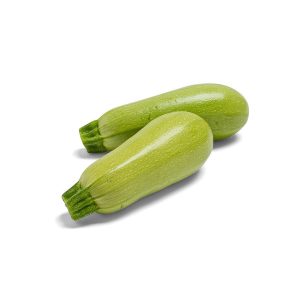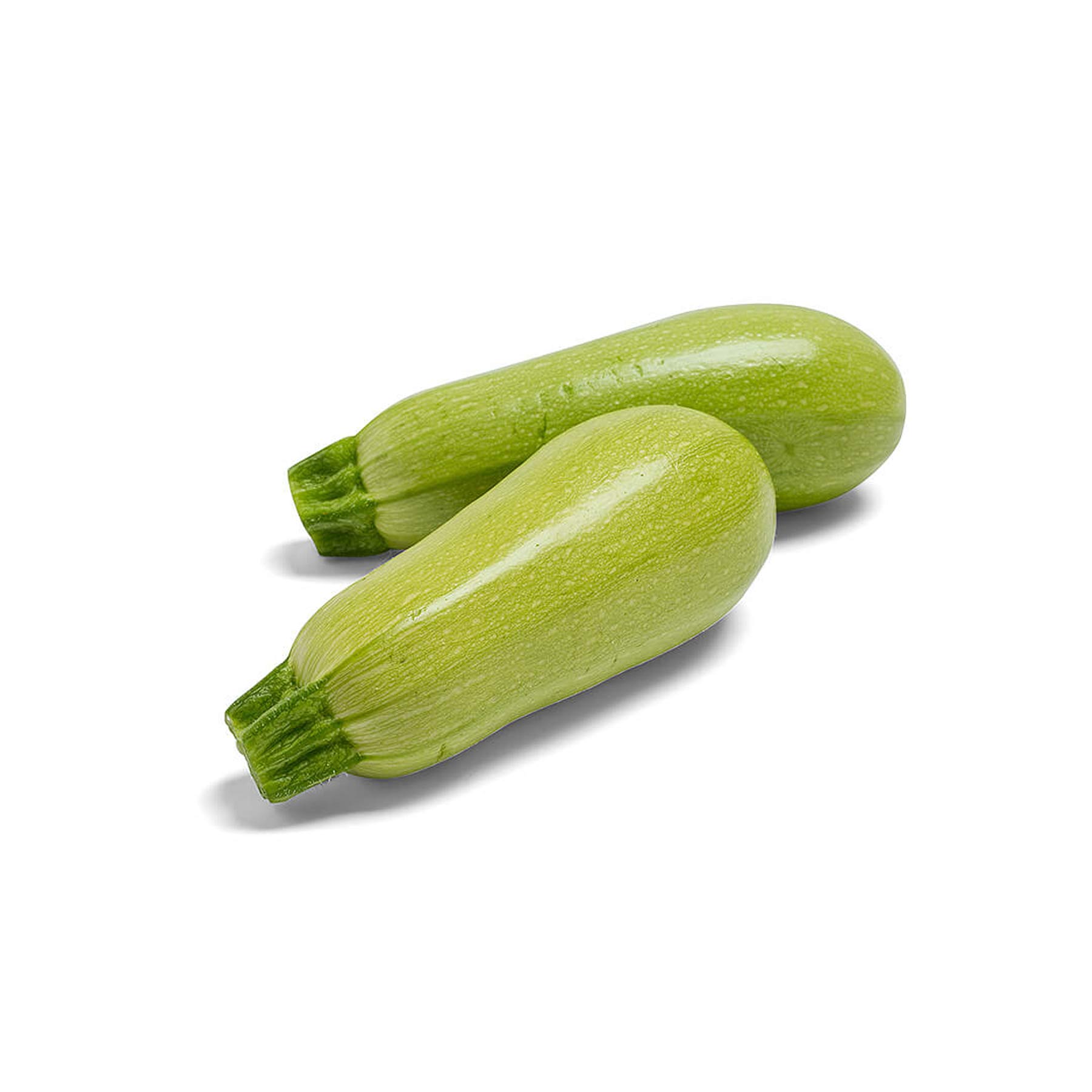Why Export Cucurbita? Global Demand Is Growing
Cucurbita includes a family of vegetables such as pumpkins, butternut squash, zucchini, and gourds. These crops are in high demand across global markets because they are healthy, versatile, and widely used in cooking, baking, and food manufacturing. Exporting Cucurbita is therefore an opportunity worth exploring.Exporting Cucurbita



In recent years, the demand for fresh and processed Cucurbita has surged in regions like Europe, North America, and the Middle East. As more consumers prioritize nutrient-rich and plant-based options, Cucurbita products have become dietary staples. Consequently, growers and traders can tap into excellent business opportunities by exporting these crops.
Our End-to-End Export Process – Quality You Can Count On
Grown on Certified Farms with Strict Standards
We partner with certified growers who use sustainable and safe agricultural practices. Specifically, our farms are Global GAP–certified and follow strict harvesting protocols. As a result, we consistently provide high-quality Cucurbita that meets international expectations.
For example, our pumpkins and squashes are:
Uniform in size and shape
Free from chemical residue
Naturally ripened in ideal conditions
Carefully selected and sorted by hand
Therefore, your customers receive fresh, flavorful, and market-ready products.
Clean Packing and Reliable Cold Chain
After harvesting, our Cucurbita products are cleaned, sorted, and packed in food-grade, export-quality cartons. Additionally, we use ventilated and stackable boxes that prevent damage during transit.
To ensure peak freshness, we maintain a full cold chain system. From the farm to the shipping container, the produce remains consistently cool. Thus, quality and flavor are preserved even during long-distance shipping.
Full Compliance and Export Support
To simplify the export process, we handle all necessary documentation, including:
Phytosanitary certificates
Export declarations and invoices
Product labeling tailored to each destination
Organic or pesticide-free certification (when required)
By managing these logistics, we allow you to focus on scaling your business rather than navigating complex regulations.
Why Choose Us for Cucurbita Export?
1. Freshness and Consistency
Our Cucurbita varieties are recognized for their long shelf life, vibrant color, and naturally sweet flavor. Whether you require squash for retail, foodservice, or processing, we provide consistent, premium-quality supply every time.
2. Fair Pricing and Reliable Supply
In addition to quality, we offer competitive pricing without compromise. Moreover, we maintain a steady supply throughout the growing season and offer flexible volume options to match your needs.
3. Global Shipping and Custom Packing
We export by sea or air to major international markets. Furthermore, we offer private labeling and custom packaging solutions to align with your brand identity and market preferences.
Ready to Import High-Quality Cucurbita?
Choosing us means placing your Cucurbita imports in capable and reliable hands. From the farm to your port, we ensure traceability, quality assurance, and timely delivery.
Contact us today to request a quote, product catalog, or a free sample.





